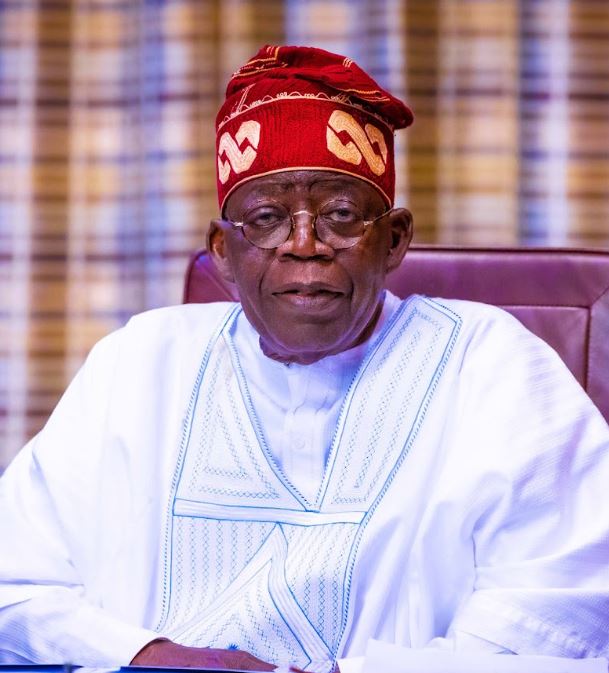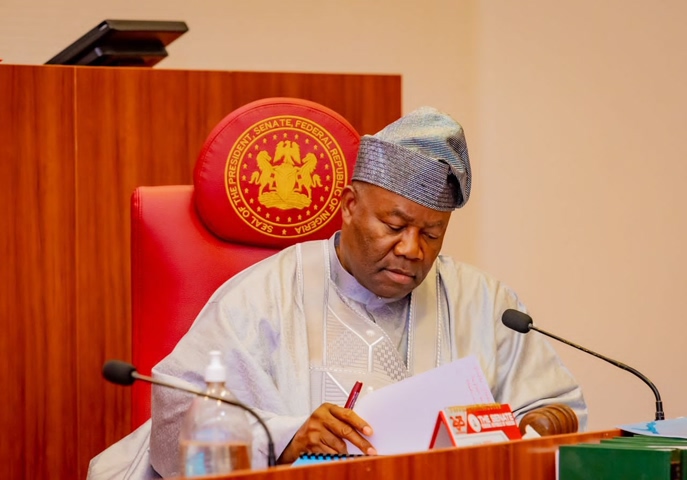NIGERIA: Tinubu Bans Homosexuality, Cross-Dressing, And Other Acts In Nigerian Military

By Ameenat Hamzat, Lagos, Nigeria
Nigerian President Bola Ahmed Tinubu, has prohibited Nigeria’s military personnel from engaging in homosexuality, lesbianism, bestiality, cross-dressing, and other acts deemed unethical within the armed forces.
The president also banned body impairments such as piercing, tattooing, disorderly behavior, and drunkenness, whether on or off duty.
This directive is outlined in Section 26 of the revised Harmonised Armed Forces Terms and Conditions of Service, signed by President Tinubu on December 16, 2024.
A part of the document said: “An officer must not engage in homosexuality, lesbianism, and bestiality. He/she is not to belong to, or engage in activities of the Lesbian, Gay, Bisexual, Transgender or Trans, Queer or Questioning, Intersex, Asexual or Agender, Two-Spirit (LGBTQIA2S+) group and cross-dressing, amongst others.
“An officer must not engage in body piercing and tattooing of any part of his body. An officer shall not engage in any form of disorderly behaviour, brawl, or any action of public disgrace. An officer must not at any time be drunk whether on or off duty,” it said.
The revised guidelines also prohibit romantic relationships among personnel or with their colleagues’ spouses.
It also said: “An officer shall not engage in any amorous relationship with any soldier/rating/airman/airwoman, fellow officer’s or soldier’s/rating’s/airmen’s/airwomen’s spouse.”
Additionally, military personnel are mandated to pay financial dues, including vehicle licenses and insurance, promptly. They are also forbidden from joining secret societies or political parties.
The directive further explains: “An officer shall not hold membership of any secret society or political party. He shall not participate, in any way, in activities concerned with such societies or parties even in observatory capacities. Cultural or purely traditional religious societies are not considered secret societies.”
Officers are barred from engaging in private businesses or using government property or their official positions for personal gain.
It further highlighted that: “An officer shall not use or be allowed to use government property, his name, position, and connection in any way with commercial enterprises outside employment or activities that interfere with his duties or discredit the Service.”
The guidelines also forbid officers from accepting gifts, favors, or entertainment from subordinates.
However, the document does not specify the punishments or disciplinary measures for violators of these rules.
categories
recent posts

MALAWI: MUBAS Empowers Staff With K287 Million Research Grants


NIGERIA: ‘Coming Political Battle Not APC Versus PDP, Or LP Versus APC’ – Atiku

Praises And Panic: APC Sees PDP Chairman’s Endorsement Of Gov Mutfwang As Cry For Relevance

